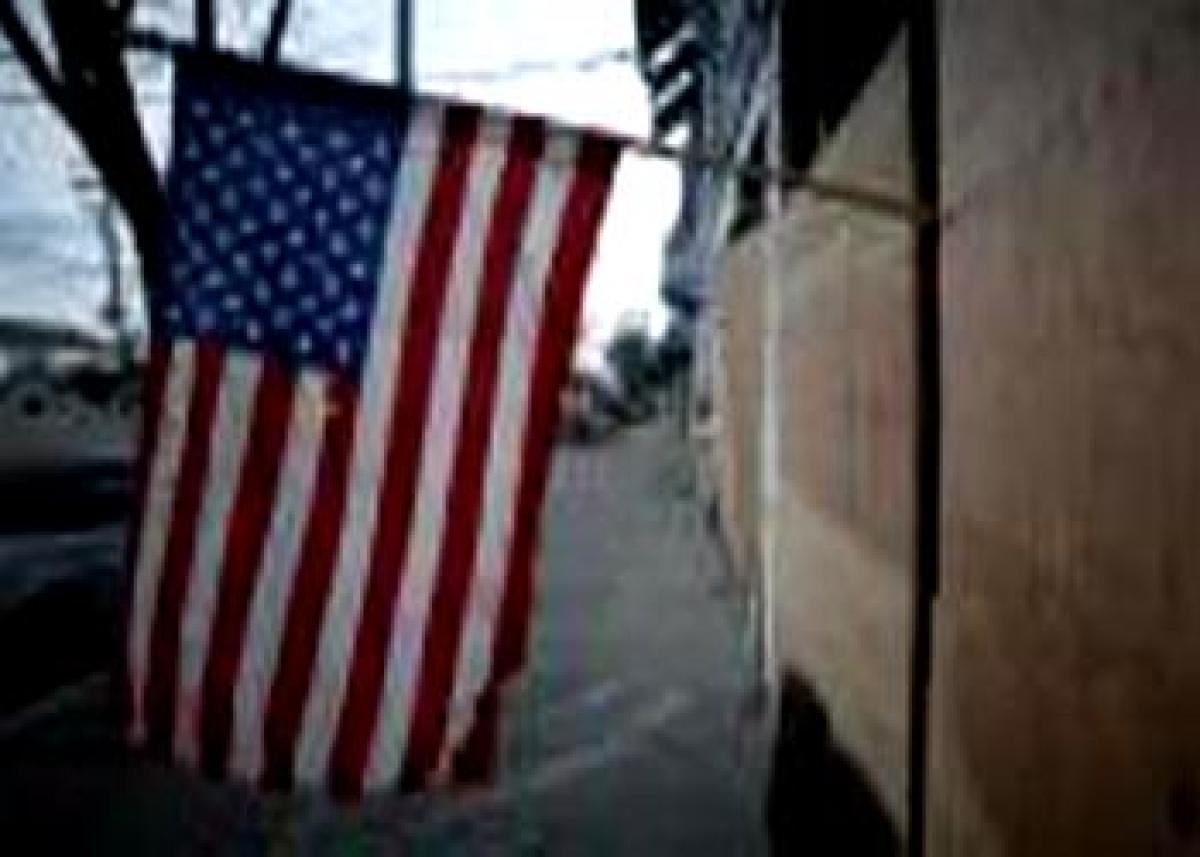Live
- Guinness World Record for continuous Hanuman Chalisa chanting
- REMOTE TRIBAL AREA TO GET NEW BRIDGE
- Dr LB College, Woxsen teams win in Climate Tank Accelerator event
- CM Revanth petitions for change in Paleru rly line
- Udupi MP seeks more key highways on top priority
- New diet plan rolled out at welfare hostels
- HRF demands for nation-wide caste census
- SP launches Medicover family health card
- Chiranjeevi Visits Allu Arjun for Lunch Amid Ongoing Legal Turmoil
- Covid ‘scam’ FIR row: Congress pursuing politics of vengeance, says BJP
Just In

With the US Commission on International Religious Freedom (USCIRF) expressing its disappointment at being denied visa by the Indian government, the Ministry of External Affairs (MEA) on Friday said that foreign entity like USCIRF does not have a \'locus standi\' to comment on India\'s constitutionally protected rights.
Washington : With the US Commission on International Religious Freedom (USCIRF) expressing its disappointment at being denied visa by the Indian government, the Ministry of External Affairs (MEA) on Friday said that foreign entity like USCIRF does not have a 'locus standi' to comment on India's constitutionally protected rights.
A three-member delegation of USCIRF was scheduled to leave for a one-week visit to India to collect information for preparing an annual report on religious freedom.
A statement by Indian Embassy in Washington, said that India is a vibrant pluralistic society founded on strong democratic principles, where the Constitution guarantees fundamental rights to all its citizens, including the right to freedom of religion.
"The Indian Constitution guarantees fundamental rights to all its citizens including the right to freedom of religion. We do not see the locus standi of a foreign entity like USCIRF to pass its judgment and comment on the state of Indian citizens' constitutionally protected rights," the release said.
"We look forward to continuing working with the United States Government for sharing of experience and best practice on all issues of mutual interest under the established bilateral mechanisms like the India-United States Global Issues Forum," it added.
According to reports, this is not the first time the USCIRF members have not been issued visas. The members, who prepare an annual report on religious freedom in countries across the globe, were denied the visas for the first time in previous UPA regime.
USCIRF's principal responsibilities include reviewing, through the lens of international human rights law, the facts and circumstances of violations of religious freedom internationally and making policy recommendations to the President, Secretary of State, and Congress.

© 2024 Hyderabad Media House Limited/The Hans India. All rights reserved. Powered by hocalwire.com







